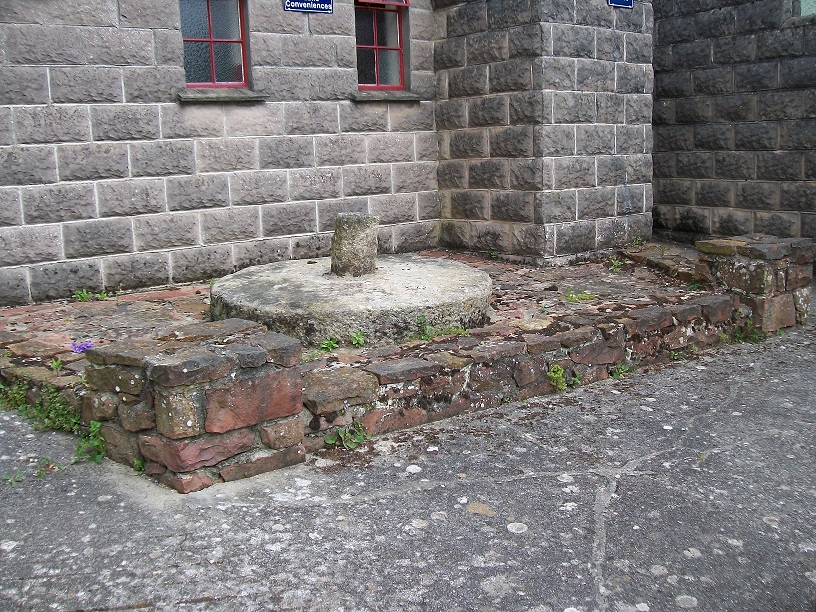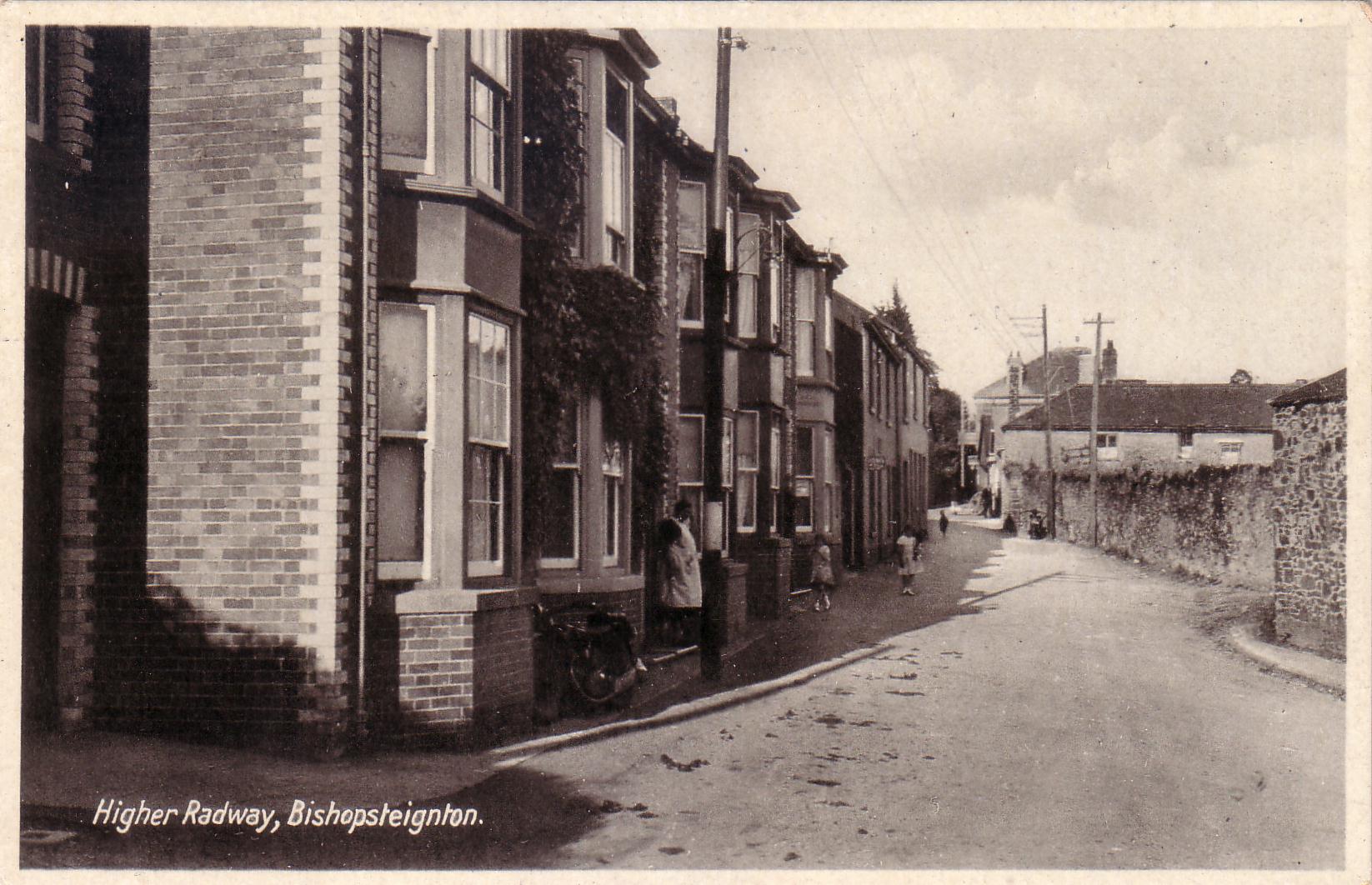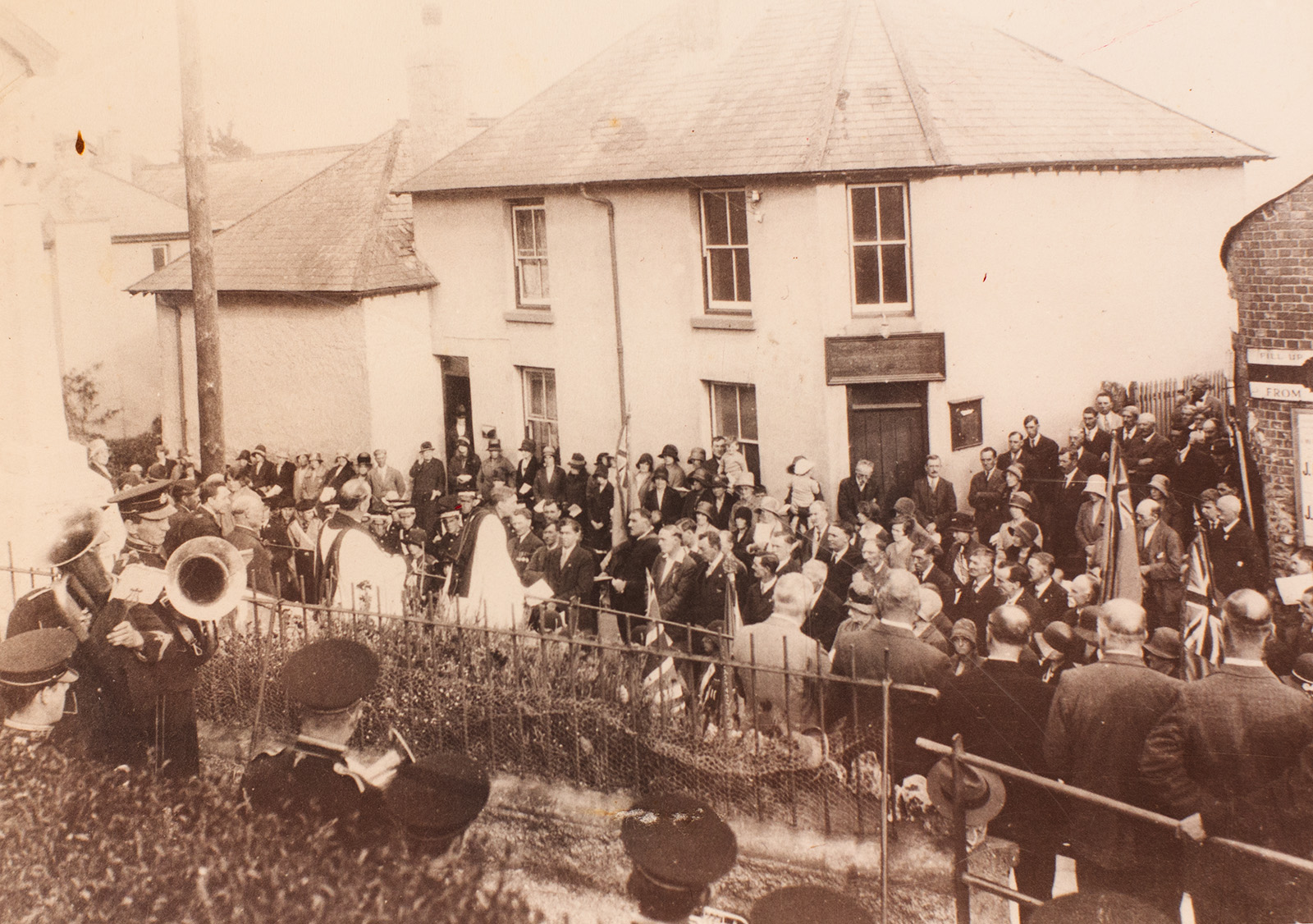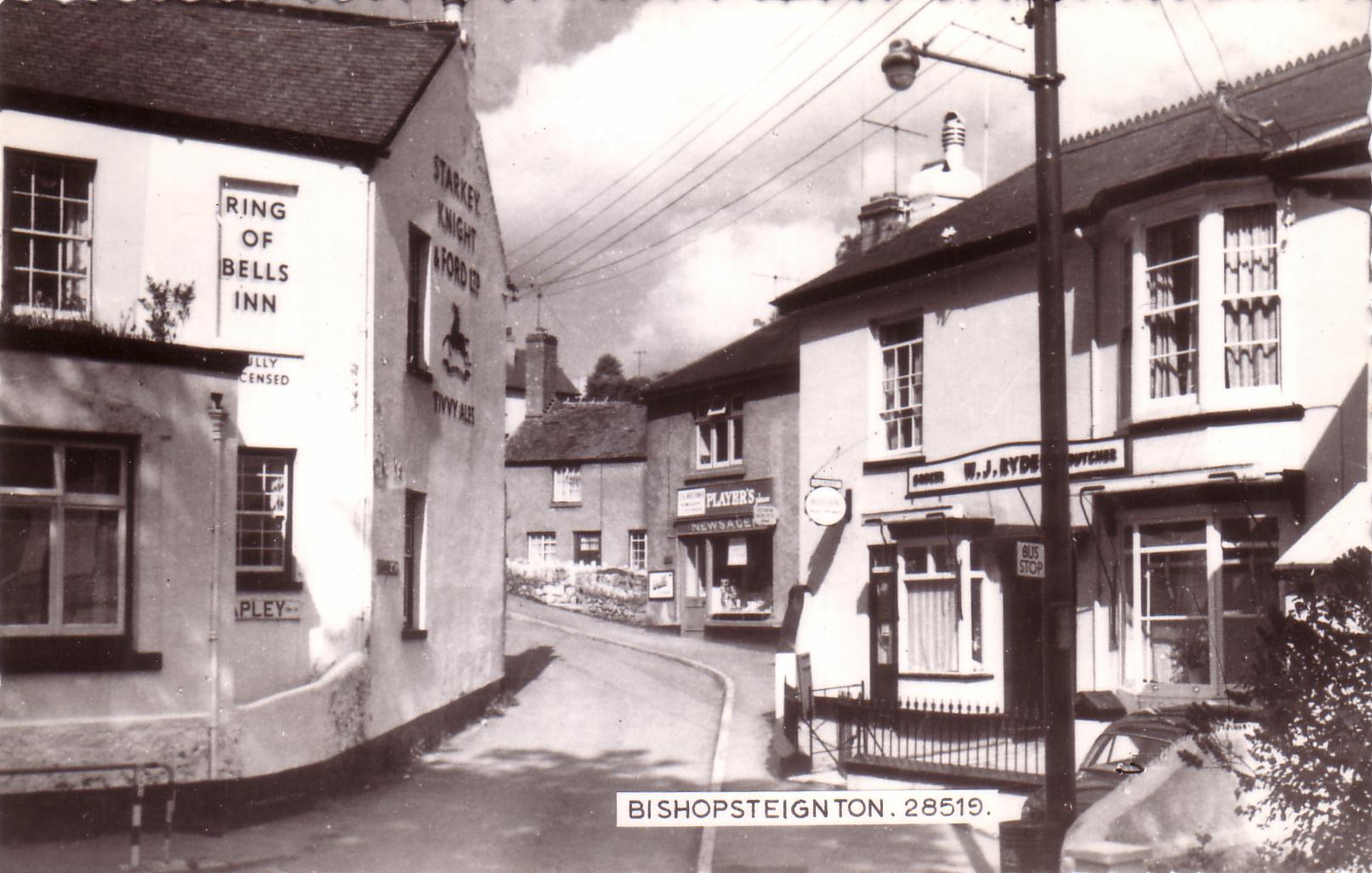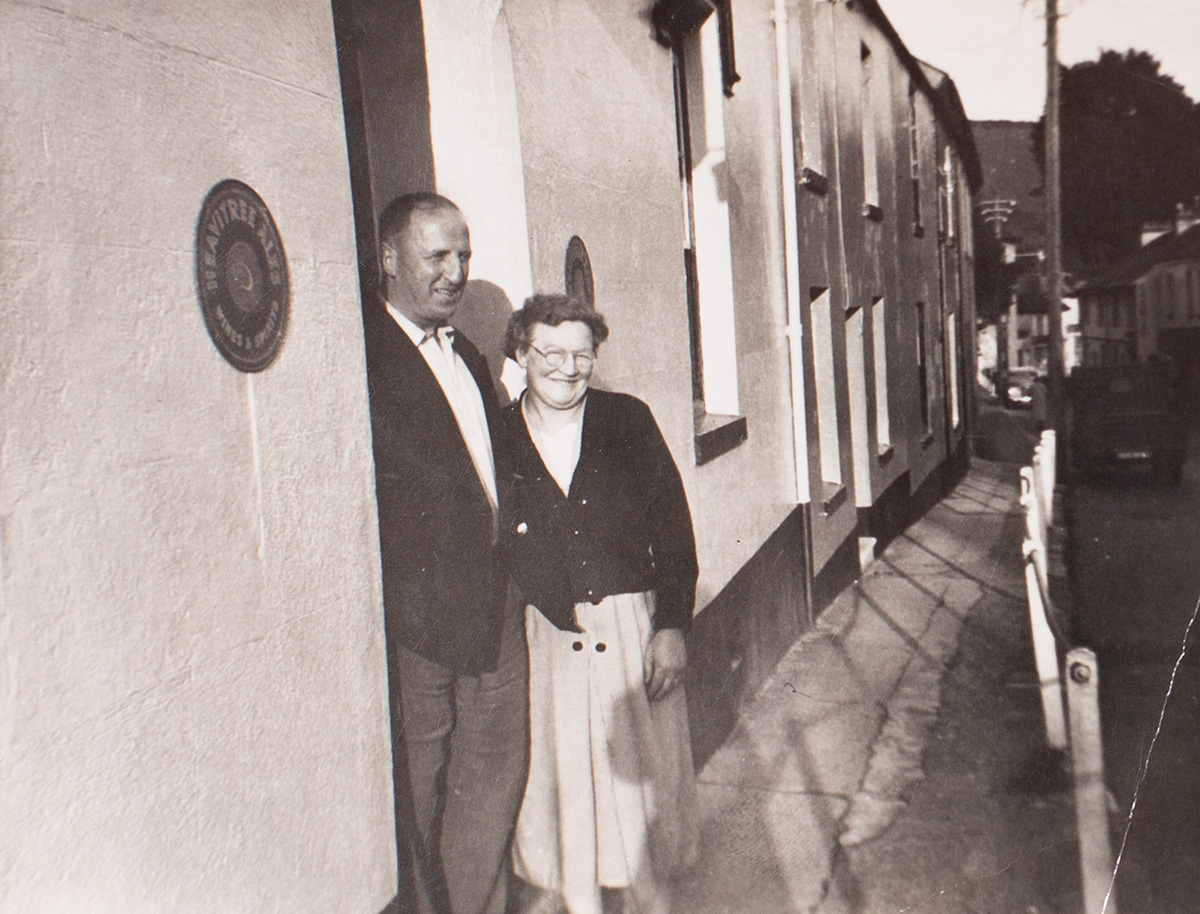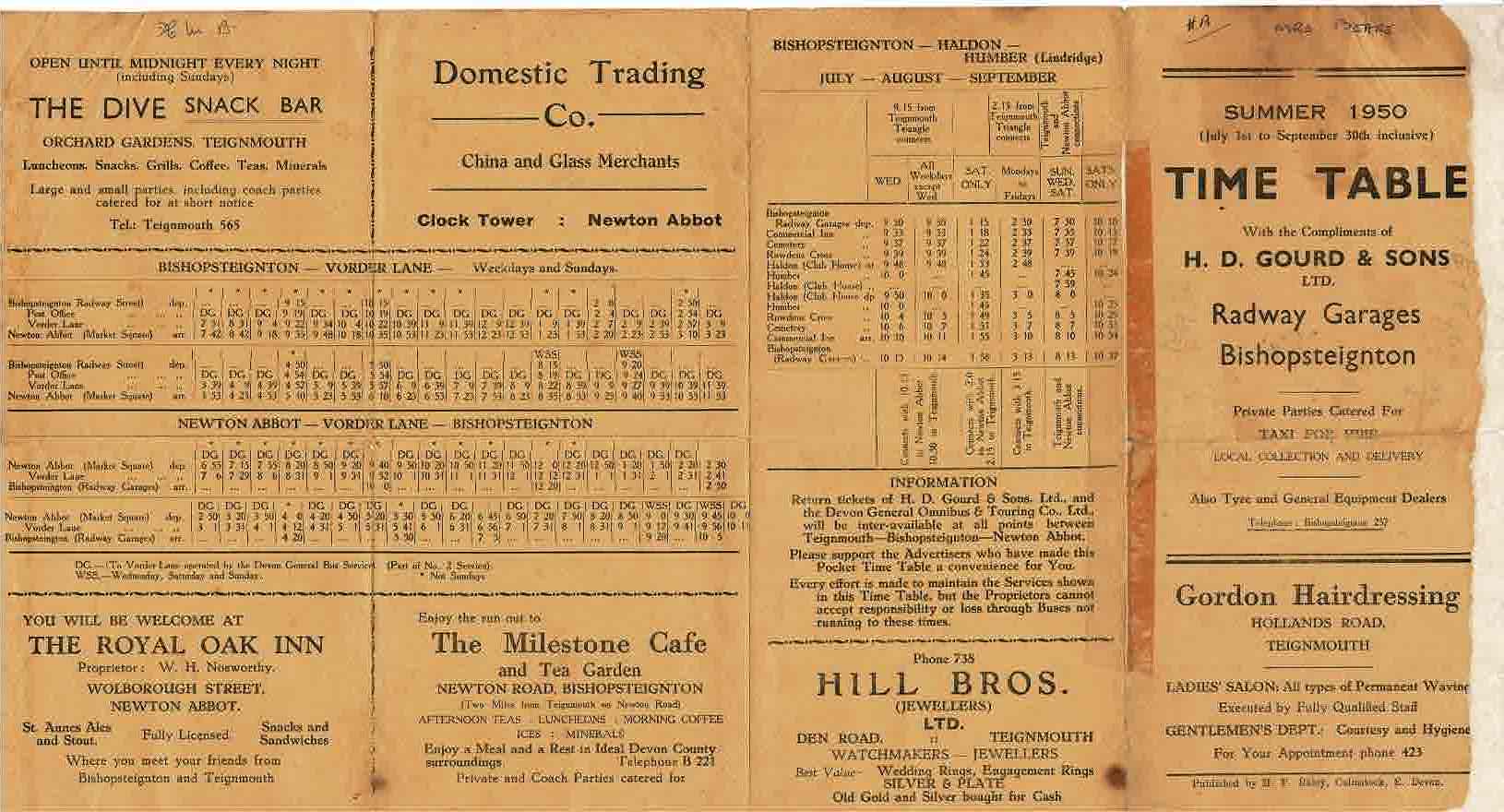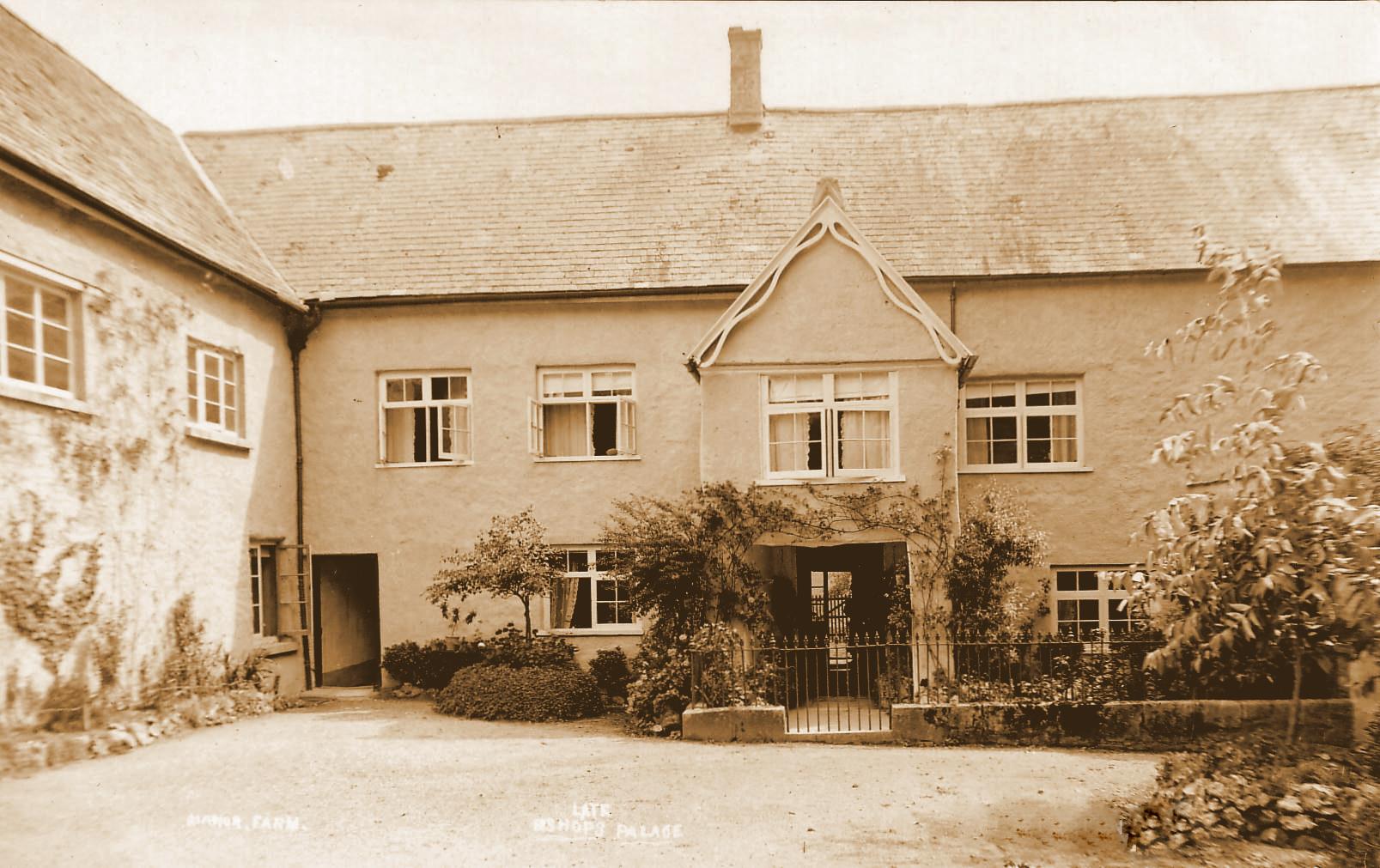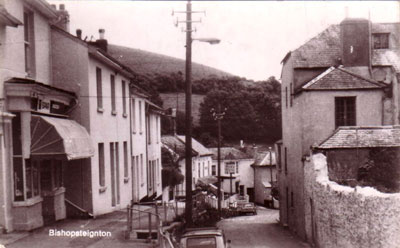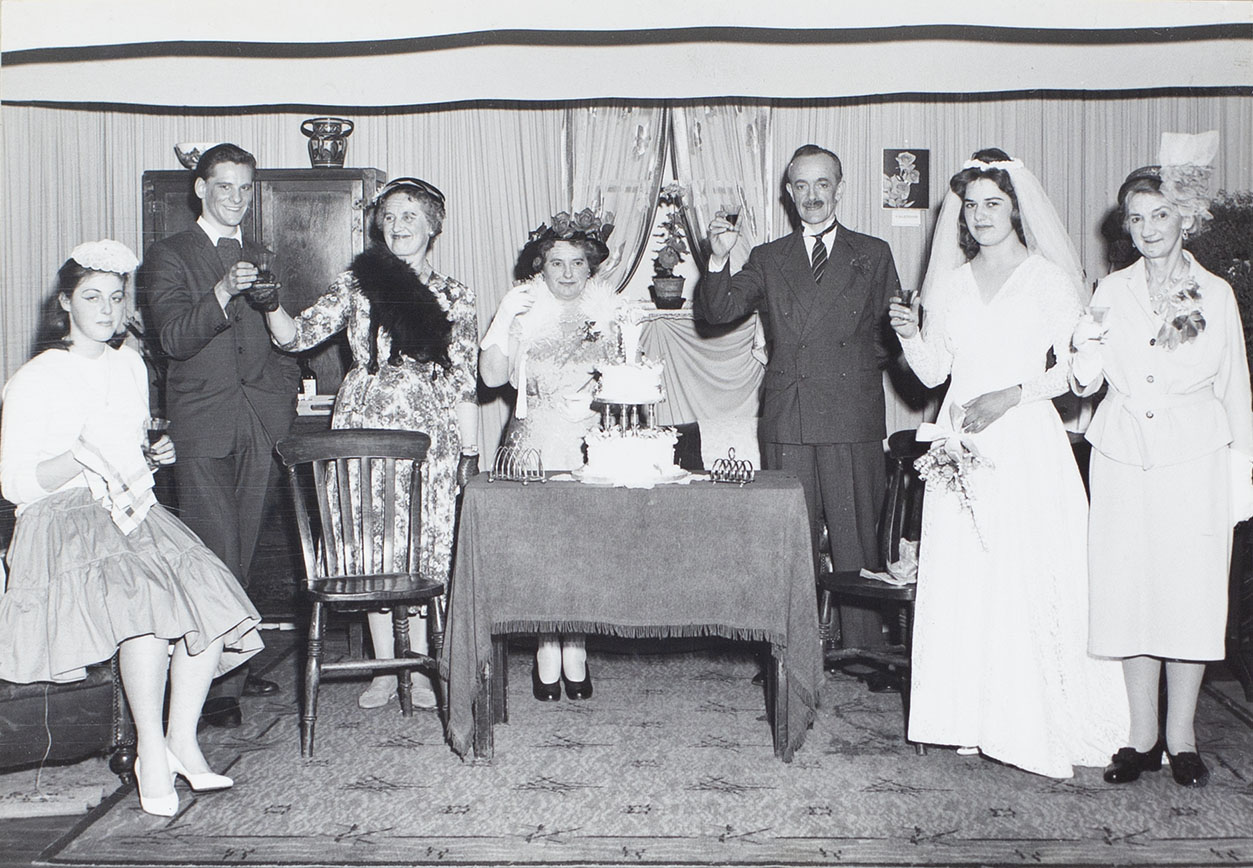Next door to us was (grandad) Nilson; he had a grinding stone in the form of a wheel for sharpening tools and knives. It had a handle to turn the wheel with the stone going through a reservoir of water. If I did exactly as I was told i.e. fast or slow, I could turn the handle while he worked.
After (grandad) Nilson left us, (auntie) Mary Taylor moved in next door. She was a no-nonsense lady and had lived for many years in a cottage off Radway Hill. She always got on well with my parents but we children kept our distance. She had a garden full of the most beautiful white Arum Lilies. I plucked up courage one day and asked if I could have some for my mum, she cut me six, which I proudly took home. My mother went mad and the lilies ended up in the bin. I was not sure until many years later what I had done wrong. Apparently, at that time, white Arum lilies were also known locally as the funeral flower. I could not understand as many brides had Arums in their wedding bouquets. This was later explained away, as it was traditional at that time for brides, after the marriage ceremony or the next day, to lay their bouquets on family graves.
I also ran errands for Mrs Hitchcock; she lived next to the Gospel Hall. She was a grand old lady who appeared like a character out of Dickens with a high neck long dress, a shawl, mop cap and fingerless gloves. Her home was heavily draped and very little light. She used a heavy walking stick that had a dog’s head handle. After shopping for her, she would always insist on giving me two pennies and a barley sugar sweet. Some children were frightened of her and thought she was a witch but in fact, she was a lovely kindly lady, her only problem was getting old and being alone most of the time.
I was also very fond of Nurse Biggs; she was long retired. I could have quite imagined her working with Florence Nightingale. She would always send me home with an apple after I had picked up her shopping from Bibbing’s grocer (Supply Stores). I would also chat with (granny) Branch who lived in a little cottage next to the War Memorial. She appeared not to have anyone in the world and never talked of family. I would collect some shopping for her from Porte’s grocer on the high pavement. Village life with the older ones must have had some influence on my future. Eventually working with elderly became my career both as a nurse and as a social worker and I enjoyed every minute.
All the shops in the village were very different; Mr and Mrs Bibbing’s grocery shop also had the post office on one side where my cousin Hazel Hunting (nee Back) worked for many years. As one walked in the door, we were met by the most wonderful smell of the coffee being ground, an imposing piece of equipment, it was wonderful.
Mrs Garland’s bread shop always smelled of warm fresh baked bread and cakes. She would sell the children a halfpenny bun, which had a few currants in it. She would still take the old farthings even though by then, they were out of circulation. She was a biggish woman who always wore her hair back and in a loose bun just like the picture of Mrs Bunn the baker’s wife in our Happy Families pack of cards.
Both Jack Ward and Mr Ryder had butcher shops that displayed a big range of meats and at certain times of the year some game as well. Rabbits, pheasant, pigeons and other game birds were often hung outside the shop in Fore Street. Everything cut fresh, nothing frozen and both butchers made their own sausages. Mr Gurr, who took over from Jack Ward, had a small slaughterhouse in the yard behind the shop where he would prepare some sheep and pigs. I often helped in the slaughterhouse with minor jobs. The one thing I hated was putting my hands in the brine tub, which was for salting beef, pork and chitlings. The mixture was so strong that the slightest scratch on the skin, felt like being stabbed.
Leading up to Christmas was always a busy time at the butchers. There were hundreds of pre ordered chicken, ducks and geese to be killed, plucked and prepared. My younger brother helped with plucking and I was paid 1d for drawing a chicken, 2d per duck and 3d for a goose. Poultry was usually only eaten at Christmas and Easter with lamb, beef and pork for the rest of the year.
Before going to the garage to work on a Saturday, I had for a few years worked for Mr Gurr going with him in the car to deliver meat in Teignmouth, Kingsteignton and Newton Abbot. I earned 2/6d from 8am to 1pm. After a year my mother complained to Mr Gurr and I had an increase to 5/- but I was not to tell Mrs Gurr. I did not gain much as my mother took half for what she called shoe leather.
After getting back from the butcher’s round, I had to quickly change and pick up an envelope from Mr Shambrook the now licensee of the Manor Inn, catch the bus into Teignmouth getting off by St James Church, running through the churchyard to a house in Exeter Street, give the envelope, and wait about ten minutes at which time they gave me another envelope. I then had to run back to the bus stop just in time to catch the bus to Bishop and pass the envelope to Mr Shambrook. I got my bus fare and 6d to spend. It was years later that I found out they had been using me as a bookies runner between the pub and the bookie. We did as we were told without question. It stopped when I started Saturday’s at the garage which was all day.
In Fore Street was the Chemist with Mr and Mrs Evans. He was small build and always very smart, suit, collar and tie. The shop fascinated me, it was small with floor to ceiling walls of built in shelves, drawers and cupboards built in shining mahogany with glass doors to the cupboards. In the window was a display of three very large perfume bottles in different colours.
Even as a child I wondered why a chemist sold cigarettes but only the one type called Du Maurier in a red tin or packet that I had noticed on a shelf behind the counter. I can remember my mother sending me to the chemist to ask Mr Evans and later, new owner Mr Bond for a ‘brown paper parcel’ with strict instructions not to open it. It was not until I was grown up that I found out it had been packets of (never to be talked about) sanitary towels. It was similar at the grocery shop, toilet rolls were bought one or two at a time and had to be wrapped in newspaper before leaving the shop. As a child, one never questioned.
Mrs Ryder’s grocery and sweet shop was small but an incredibly pleasing sweet smell. She was a little woman with a wonderful smile and a kindly manner. Sometimes if we did not have enough pennies she would let us have two fruit salad and 2 black jacks for a penny or four aniseed balls or sometimes two aniseed balls and a gob stopper. She was really kind.
At the bottom of Radway Hill was the greengrocer and paper shop owned by a lovely couple, Mr and Mrs Turner. There were always lovely displays of vegetables and fruit in season. As you walked into the shop there was a lovely earthy smell mixed with the aroma of many different freshly picked vegetables. Mr and Mrs Turner eventually emigrated to Australia.
Mrs Evans had a small grocery shop on Radway Street, it really was very small and packed from floor to ceiling, I am not sure how she knew where anything was but she always seemed to be quite busy.
For a short time, Mr Boswell from Radway Farm had a small shed on the road outside the farm gates and employed my uncle Lewis to sell local fresh vegetables.
Before Mr Porte took over the grocery shop on Fore Street High Pavement, a young woman called ‘Tiny’ had managed it, I am not sure if she owned the business. Although small in stature, she arrived each day from Shaldon riding a very large motorbike.
Mr Porte’s shop had a lovely smell of cheeses and cooked meats, which were on display at the end of the shop. The packets of cereals were on the top shelf and it always fascinated me how with one hand he hooked a box off with a broom handle that had a nail in the end of it while catching the cereal with the other. The shelves were really quite high.
After Mr Porte moved on, Dove Radmore, whose family owned and lived in Cross House, opposite the Ring of Bells took over the little grocery shop. She had it altered slightly to put in a serving window for dispatching ice creams to passers-by. She had a comfortable sitting room in the back with a TV. She could be quite forthright in letting young ice cream customers know they were disrupting her viewing and would often make them wait until the programme ended. She did consent to lending a plastic flowers wedding bouquet, which she was using as part of a shop window display, to be used in the Bishopsteignton Players production of ’Orange Blossom’ The bride in this play is wearing my sister in law’s Honiton lace wedding dress. I was the future groom.
Next to Dove’s was Mrs Cable’s wool shop. It was floor to ceiling with wools of every colour possible. I often went in with my mother who was a great knitter. The shop felt strangely safe and comfortable, I think because it was always warm to keep the yarns good and the bags of wool made the place sound-proof. Mr Cable, a builder, had built a bungalow on ground behind the telephone box in Fore Street.
Colin’s reminiscences are continued in 6 more parts, visit Born and Raised in Bishopsteignton to read more.
Thank you to Colin Back for his stories and to him and Rowena Bradnam for the images.
This article was assembled by Dawn Rogers and the Bishopsteignton Heritage Hub team.

